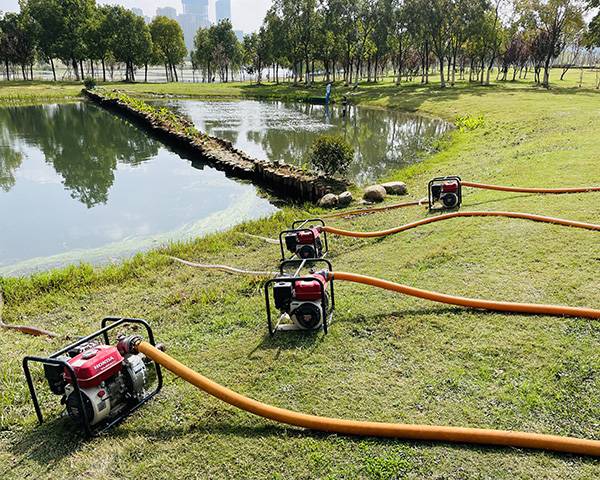Agricultural irrigation hoses are essential tools in the farming industry, providing essential water to crops and other vegetation. They come in a variety of sizes and materials, allowing farmers to use them in a range of different ways and in different climates. This article will provide an overview of the types of agricultural irrigation hoses available, their benefits, and how to choose the right one for your needs.
Agricultural irrigation hoses come in a variety of sizes, materials, and designs. Large-diameter hoses are often used for large-scale irrigation, while smaller-diameter hoses are suitable for more localized irrigation systems. The most common materials used for agricultural irrigation hoses are polyethylene, PVC, and rubber. Polyethylene is lightweight, durable, and resistant to most chemicals. PVC is resistant to UV rays, which makes it a great choice for outdoor use. Rubber is strong and flexible, making it a good choice for high-pressure irrigation systems.
Agricultural irrigation hoses offer many benefits to farmers. They help to conserve water by delivering water directly to the crops, reducing the amount of water lost through run-off or evaporation. They also provide efficient water delivery, as the hoses can be connected directly to the irrigation system, eliminating the need for manual sprinklers or drip irrigation systems.
When choosing agricultural irrigation hoses, it’s important to consider factors such as the size, material, and design of the hose. The size of the hose should be based on the area to be irrigated and the flow rate required. The material of the hose should be chosen based on the environment it will be used in, such as whether it will be exposed to sunlight or chemicals. The design of the hose should be based on the type of irrigation system being used.
Agricultural irrigation hoses are essential tools for farmers, and choosing the right one for the job is important. Taking into consideration factors such as the size, material, and design of the hose, as well as the environment it will be used in, will help ensure that the right hose is chosen for the job. With the right hose, farmers can ensure efficient water delivery and help conserve water, making agricultural irrigation hoses an essential tool in the farming industry.


 SUNHOSE
SUNHOSE Sunhose
Sunhose